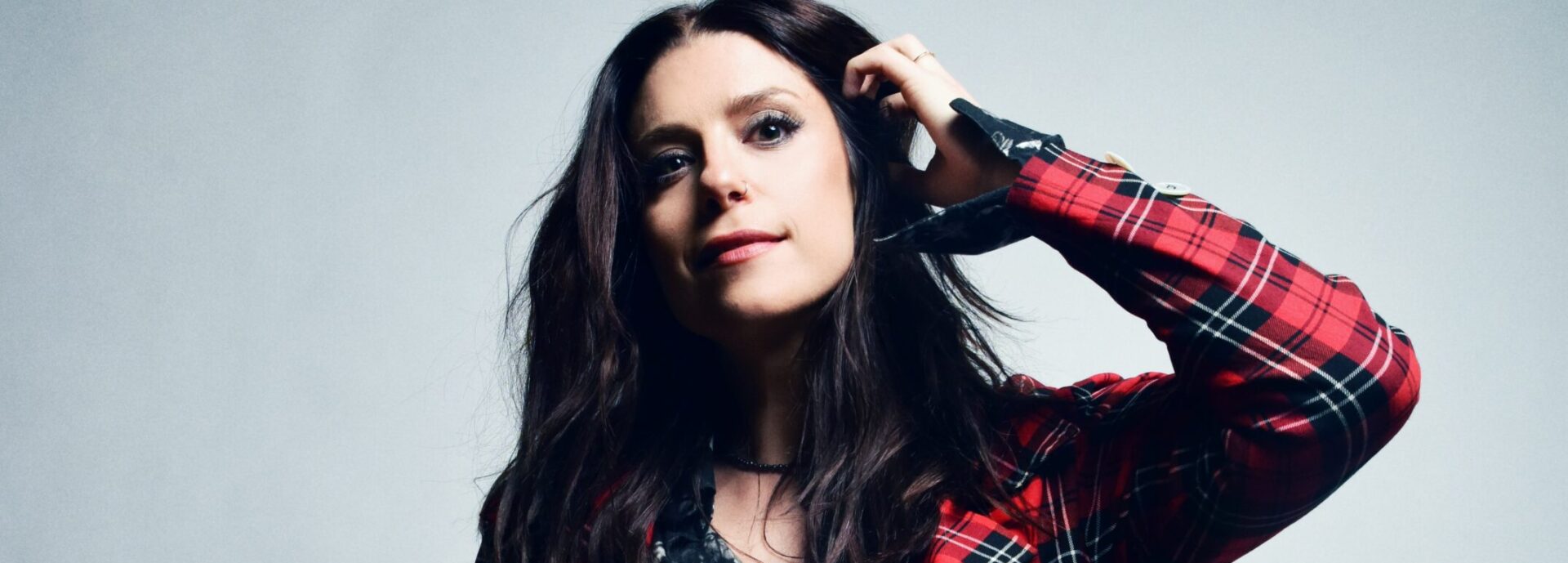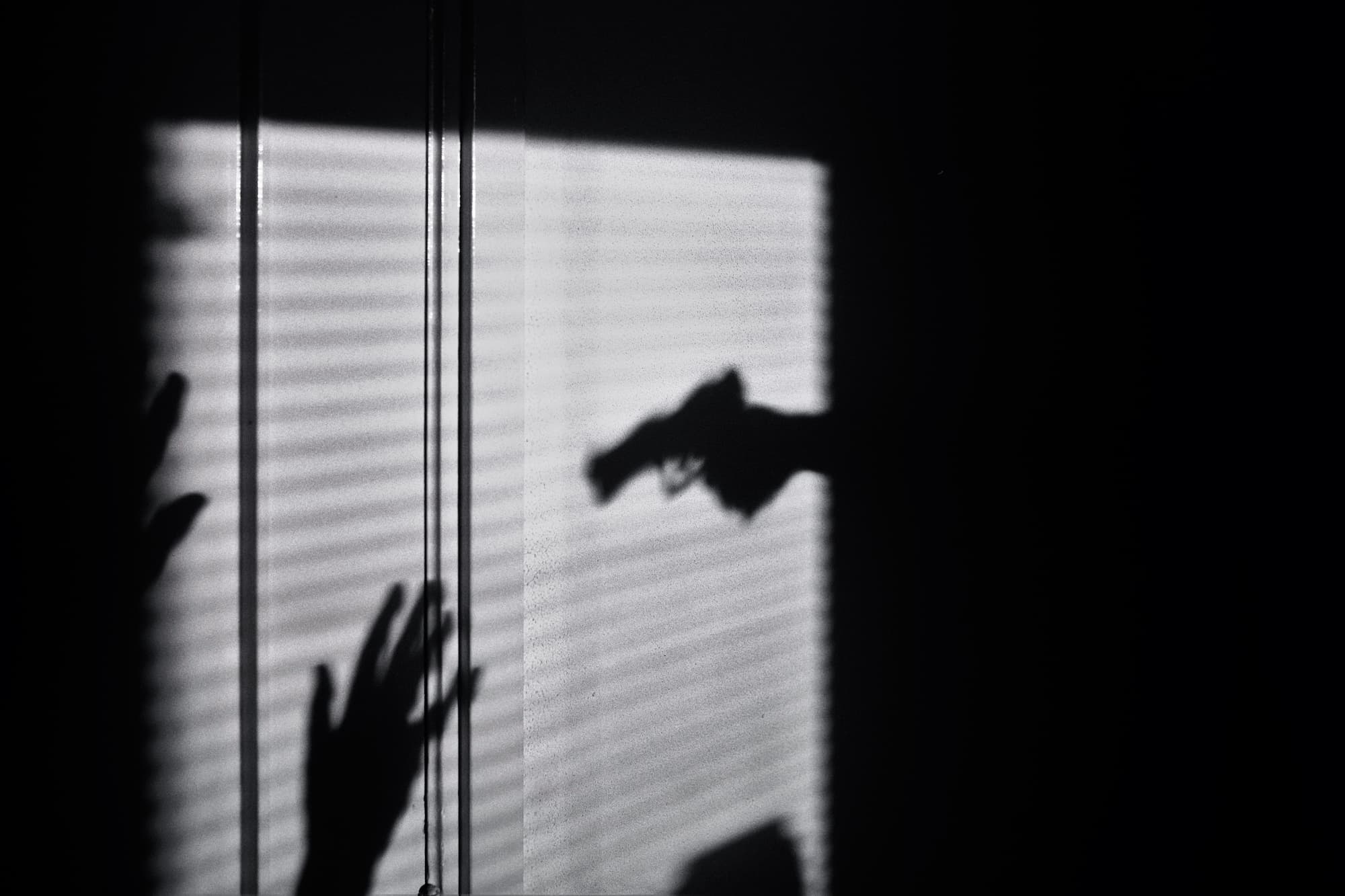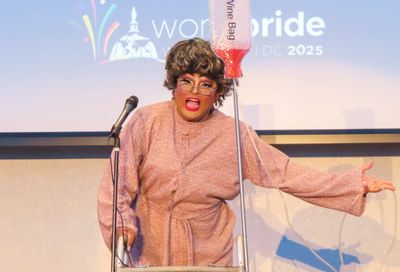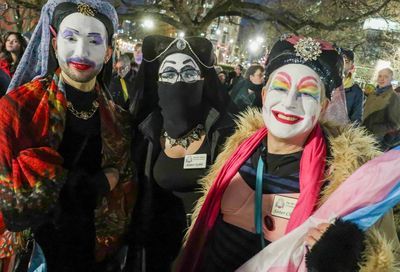Fauci: Monkeypox Response Must Avoid Stigmatizing Gay and Bi Men
Infectious disease specialist says it's important not to treat infected individuals as the "enemy," as occurred during the AIDS epidemic.

Infectious disease expert Dr. Anthony Fauci has warned that the U.S. government’s response to the global monkeypox outbreak must include combating anti-gay stigmas that may be associated with the disease.
Fauci, the director of the National Institute of Allergy and Infectious Diseases and a health advisor to President Joe Biden, said during an interview with Juana Summers, the host of the National Public Radio program All Things Considered, that it is important to treat the virus as one that can affect anybody, even though the overwhelming majority of infected individuals have been men who have sex with men.
Currently, there are 20,638 confirmed cases of monkeypox infection worldwide, and 4,639 confirmed cases in the United States, according to the Centers for Disease Control and Prevention.
The World Health Organization has recently classified the current outbreak as a public health emergency, underscoring the importance of public health officials prioritizing actions like connecting infected individuals with treatment, doing contact tracing to alert those at risk of acquiring the disease, and vaccinating those who have not yet been exposed to the virus but are among high-risk populations, such as men who have sex with men, trans women, and commercial sex workers.
According to an article published in the New England Journal of Medicine, 98% of infected individuals, out of a sample of 528 people from 16 different countries, were gay or bisexual men. But Fauci argues that just because the disease is prevalent in one community doesn’t mean that community should be shunned or stigmatized. He said it’s important for the federal government to underscore that infected individuals aren’t treated like the “enemy” — much as gay and bisexual men were during the early years of the AIDS epidemic.
“You reach out to the community. You make it very easy for them to have access to testing, to treatment and to vaccine as opposed to making it a situation where people are afraid to come forward for those types of things,” Fauci said. “It’s got to be recognized who the enemy is. The enemy is the virus, not anybody who’s being afflicted with the virus.”
According to the World Health Organization, the monkeypox virus can be transmitted through close contact with lesions, body fluids, respiratory droplets and contaminated materials — known as fomites — that have touched sores, such as sheets or towels, which must be disinfected after use.
“We need to get our arms around understanding just the extent of the spread, how it’s spread, what population,” Fauci said. “Right now it’s focused — because it’s about 99% among men who have sex with men. We’ve got to understand the modality of transmission, the manifestations, also the risk for people like children and pregnant women. So we’ve got to reach out to the community, particularly men who have sex with men, get rid of anything that even smacks a little bit of stigma, and make sure we outreach to them.”
That said, Fauci has also called for men who have sex with men to be among the first group to receive the monkeypox vaccine.
“If you look at the truly broad protective nature, you really want to get people who are at risk because of behavior,” Fauci said in an interview with MSNBC’s Jonathan Capehart on Sunday. “For example, the MSM [men who have sex with men] population who are on pre-exposure prophylaxis for HIV — the very fact that they are on pre-exposure prophylaxis for HIV would immediately put them into that classification where they very likely should get vaccinated in a preventive way.
“So there are two pills to that; one in which you know you’ve been exposed — clearly those people [should receive treatment] — but ultimately, people who are at risk through sexual networks or what have you,” Fauci said.
Fauci also said that public health officials can only begin vaccinating people at higher risk of acquiring monkeypox once they have sufficient doses of the Jynneos smallpox vaccine, which is used to combat monkeypox, available. According to Newsweek, the U.S. had distributed nearly 200,000 doses of Jynneos as of last Wednesday. Fauci said during his MSNBC interview that public health officials are hopeful they’ll get another 750,000 doses of vaccine by the end of July.
The regimen for Jynneos is to get a first shot, followed by a second shot within 28 days, with people potentially reaching full immunity only two weeks after their second shot.
Currently, many jurisdictions in the United States are limiting the availability of vaccines to those deemed at high risk — criteria for which can vary from state to state. For example, in New York City, only MSM or transgender women who have had multiple or anonymous sex partners in the previous 14 days are eligible for the vaccine.
Meanwhile, in Washington, D.C., the city’s health department has informed individuals who got their first dose of vaccine that their second shot will be delayed beyond the 28-day period recommended between doses, due to the scarcity of vaccine doses, which local health departments must request from the federal government. Instead, DC Health has focused on getting a larger number of people belonging to high-risk populations vaccinated with a first dose, saying that studies have shown the vaccine is effective for at least six months afterward.
Second doses will be limited to individuals who have previously been exposed to an infected person, and individuals with weakened immune systems, with those groups being notified about scheduling a follow-up visit in the coming weeks.
Support Metro Weekly’s Journalism
These are challenging times for news organizations. And yet it’s crucial we stay active and provide vital resources and information to both our local readers and the world. So won’t you please take a moment and consider supporting Metro Weekly with a membership? For as little as $5 a month, you can help ensure Metro Weekly magazine and MetroWeekly.com remain free, viable resources as we provide the best, most diverse, culturally-resonant LGBTQ coverage in both the D.C. region and around the world. Memberships come with exclusive perks and discounts, your own personal digital delivery of each week’s magazine (and an archive), access to our Member's Lounge when it launches this fall, and exclusive members-only items like Metro Weekly Membership Mugs and Tote Bags! Check out all our membership levels here and please join us today!
























You must be logged in to post a comment.